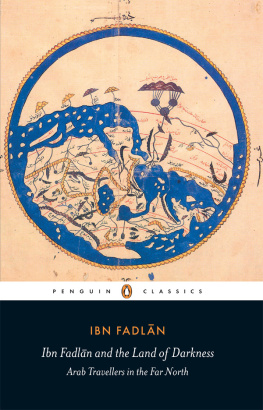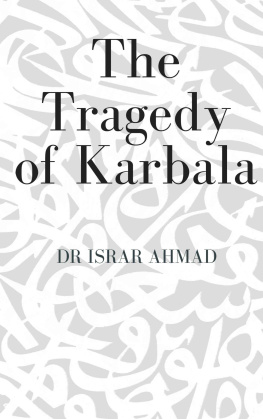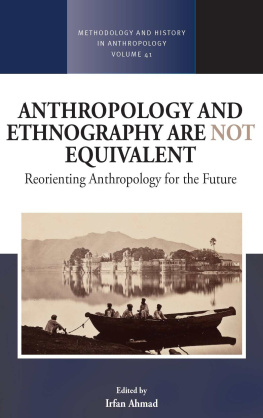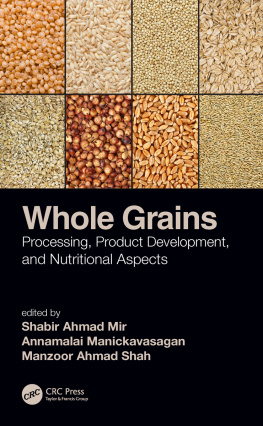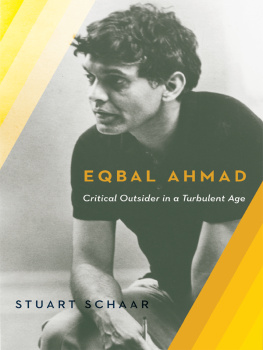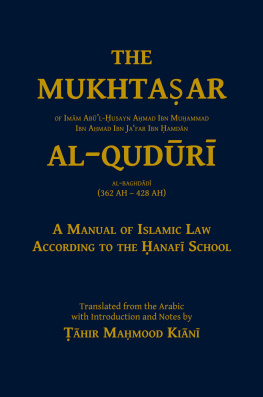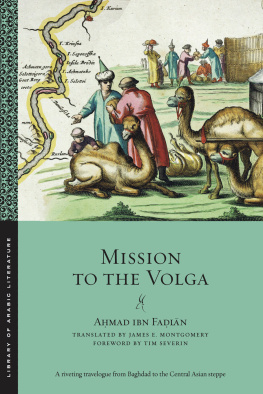He just wanted a decent book to read
Not too much to ask, is it? It was in 1935 when Allen Lane, Managing Director of Bodley Head Publishers, stood on a platform at Exeter railway station looking for something good to read on his journey back to London. His choice was limited to popular magazines and poor-quality paperbacks the same choice faced every day by the vast majority of readers, few of whom could afford hardbacks. Lanes disappointment and subsequent anger at the range of books generally available led him to found a company and change the world.
We believed in the existence in this country of a vast reading public for intelligent books at a low price, and staked everything on it
Sir Allen Lane, 19021970, founder of Penguin Books
The quality paperback had arrived and not just in bookshops. Lane was adamant that his Penguins should appear in chain stores and tobacconists, and should cost no more than a packet of cigarettes.
Reading habits (and cigarette prices) have changed since 1935, but Penguin still believes in publishing the best books for everybody to enjoy.We still believe that good design costs no more than bad design, and we still believe that quality books published passionately and responsibly make the world a better place.
So wherever you see the little bird whether its on a piece of prize-winning literary fiction or a celebrity autobiography, political tour de force or historical masterpiece, a serial-killer thriller, reference book, world classic or a piece of pure escapism you can bet that it represents the very best that the genre has to offer.
Whatever you like to read trust Penguin.
www.penguin.co.uk
Join the conversation:
Twitter Facebook

IBN FADLN
Ibn Fadln and the Land of Darkness
Arab Travellers in the Far North
Translated with an Introduction by
PAUL LUNDE and CAROLINE STONE
PENGUIN BOOKS
PENGUIN CLASSICS
Published by the Penguin Group
Penguin Books Ltd, 80 Strand, London WC2R 0RL , England
Penguin Group (USA) Inc., 375 Hudson Street, New York, New York 10014, USA
Penguin Group (Canada), 90 Eglinton Avenue East, Suite 700, Toronto, Ontario, Canada M4P 2Y3
(a division of Pearson Penguin Canada Inc.)
Penguin Ireland, 25 St Stephens Green, Dublin 2, Ireland (a division of Penguin Books Ltd)
Penguin Group (Australia), 250 Camberwell Road, Camberwell, Victoria 3124, Australia
(a division of Pearson Australia Group Pty Ltd)
Penguin Books India Pvt Ltd, 11 Community Centre, Panchsheel Park, New Delhi 110 017, India
Penguin Group (NZ), 67 Apollo Drive, Rosedale, Auckland 0632, New Zealand
(a division of Pearson New Zealand Ltd)
Penguin Books (South Africa) (Pty) Ltd Block D, Rosebank Office Park, 181 Jan Smuts Avenue, Parktown North, Gauteng 2193, South Africa
Penguin Books Ltd, Registered Offices: 80 Strand, London WC2R 0RL , England
www.penguin.com
This edition first published in Penguin Classics 2012
Part III, sections 357 from Sharaf al-Zamn Thir Marvaz on China, the Turks and India, translated by
Vladamir Minorsky (1942), is reprinted with the permission of The Royal Asiatic Society
Translation and editorial material Paul Lunde and Caroline Stone, 2012
All rights reserved
The moral right of the translators has been asserted
ISBN: 978-0-14-197504-7

IBN FADLN AND THE LAND OF DARKNESS
IBN FADLN s account of his journey from Baghdad to the camp of the Bulghr khan, on the Volga River, in 921 is unique in Arabic literature. Sent as an emissary of the Abbasid caliph Muqtadir, his mission was to deliver a message and gifts from the caliph to the recently converted khan, who sought religious instruction for his people and wished to forge an alliance with the Abbasids to protect himself against his powerful Jewish overlords, the Khazars. The Bulghr encampment was far beyond the frontiers of the Islamic heartlands, and Ibn Fadln faithfully recounts the customs, dress and religious beliefs of the peoples through whose territory he passed, all of whom were still pagan. In Bulghr he encountered Viking traders who were pioneering trade routes along the Russian rivers. He witnessed and meticulously describes a Viking ship burial, the only such description we have. Nothing is known of Ibn Fadln from other sources.
AB HMID was born in al-Andalus in 1080. In 1106, he travelled to North Africa, where he spent more than ten years, before sailing for Alexandria in 1117. En route, he passed the island of Sicily and observed Mount Etna in full eruption. Later years saw him travelling to Cairo, Damascus, Baghdad and Iran, before settling for two decades in the great trading city of Saqsn. In 1150, Ab Hmid went to Hungary, where he developed close ties with the king, Geza II, and was employed to recruit Peeneg Muslims into the cavalry. He was allowed to depart from Hungary only on condition that he leave his son hostage to his return. In 1153, he returned to Saqsn, before making the pilgrimage to Mecca. Settling in Baghdad in 1155, he composed the first of the works by which he is best known today, al-Murib an bad ajib al-maghrib (Exposition of Some of the Wonders of the West). He left for Aleppo in 1165, and five years later made the last journey of his remarkable life, to Damascus. He died there is 1170 at the age of ninety.
PAUL LUNDE spent his early years in Saudi Arabia and studied Arabic at the University of California in Berkeley and later at the School of Oriental and African Studies in London. He has travelled widely in the Middle East and spent many years researching Arabic geographical literature in the Vatican Library in Rome. He is now based in Cambridge, concentrating on the maritime history of the Indian Ocean.
CAROLINE STONE was educated at Cambridge and Kyoto University, Japan. After living many years in Rome, she currently divides her time between Seville and Cambridge, where she is editing and translating a series of travel accounts Travellers in the Wider Levant for the Civilizations in Contact Project, funded by the Golden Web Foundation. Her publications include books on North African embroideries and Manila shawls, and she worked with Paul Lunde on a selection from Masds Meadows of Gold, published by Penguin.
For Gabriella and Bla Bollobs
List of Maps
Chronology
Year One of the Islamic calendar. First Muslim community founded by the Prophet Muhammad in Medina.
Death of the Prophet Muhammad. Beginning of Arab conquests.
Approximate date for formation of Khazar khqnate.
Umayyad dynasty takes power.
Islamic conquest of Visigothic Spain. Arab armies reach the Indus.
Khazars invade Muslim territory with army of 30,000, take Ardabil and Bardhaa, and raid as far west as Mosul and Diyarbakr.
Muslims defeated at Battle of Poitiers by Charles Martel. iek, daughter of the Khazar khqn

